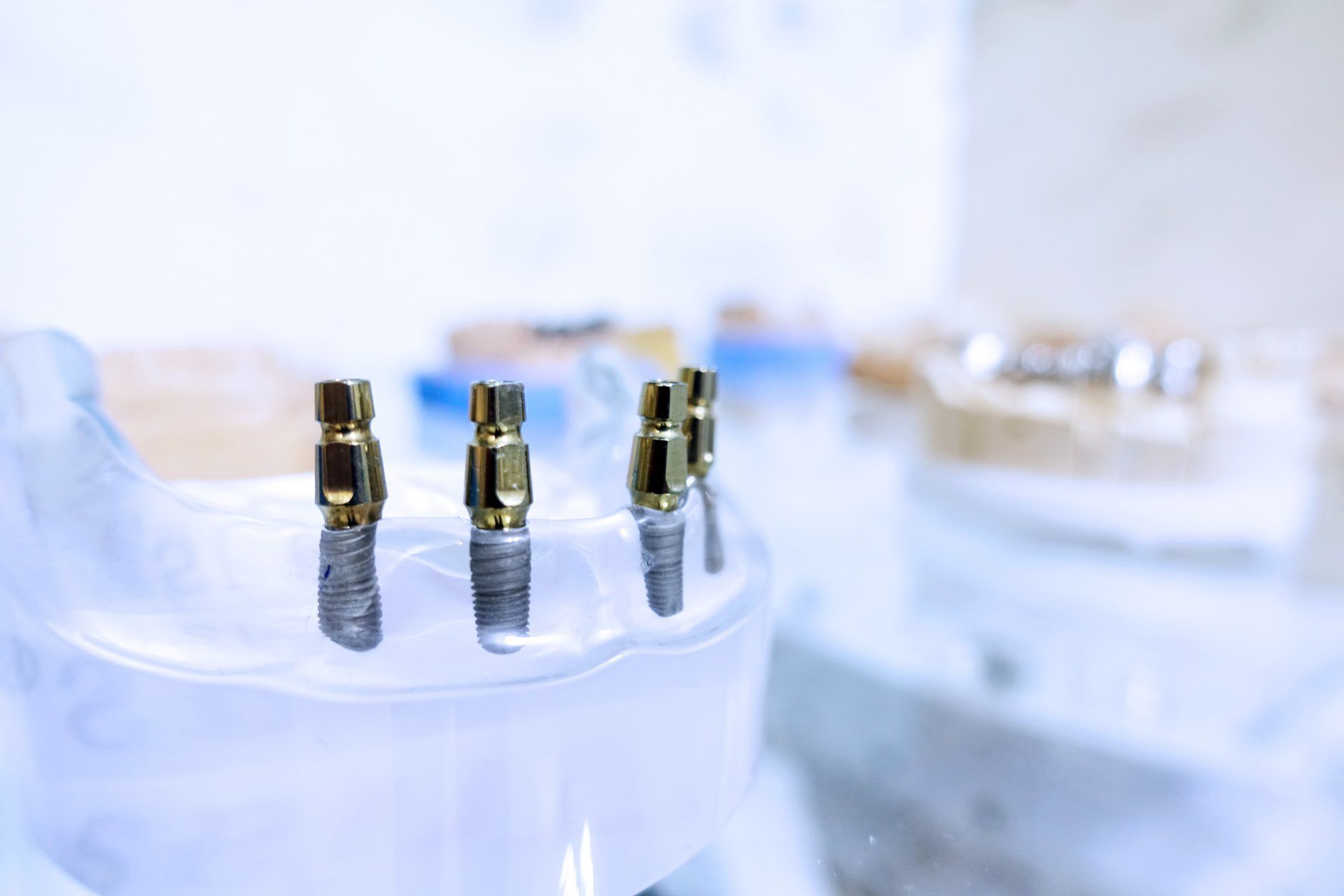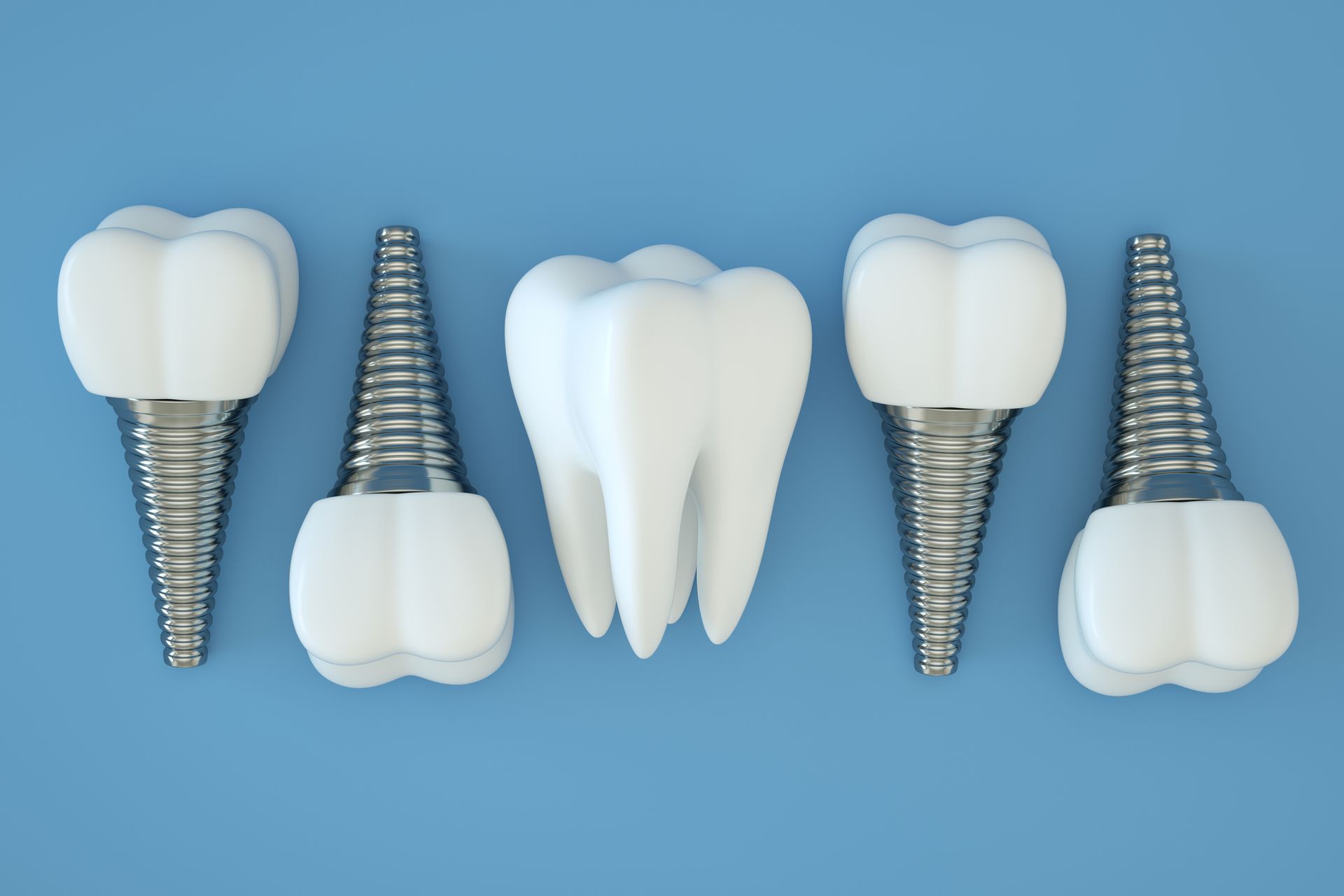P Gregory Peterson, DMD & Associates
What Are My Options To Repair A Chipped Tooth?
If you have a chipped or broken tooth, it’s important to treat it immediately. Not only can the damage lead to pain and infection but it can also make your smile look less attractive. Fortunately, there are several options for treating a chipped or broken tooth:
Dental Bonding: This is a quick procedure that can be completed in one visit. A dentist will apply a composite resin material to the damaged tooth and shape it as needed to fill in the chip or break. This process is relatively painless and cost-effective.
Porcelain Veneers: These are thin porcelain shells that your dentist will bond to the front of your teeth. They can be used to restore teeth that have chips or breaks or simply improve the look of your smile. This process is much more durable than dental bonding and can last for many years with proper care.
Dental Crowns: A crown is a tooth-shaped “cap” that covers the entire visible portion of your tooth above the gum line. A crown can be used to repair large chips or breaks, improve the strength and function of the tooth, and protect it against further wear and tear. Crowns can be made from a variety of materials, including porcelain and metal.
Root Canals: If the chip or break has extended into the inner layer of your tooth, a root canal may be necessary. During this procedure, a dentist will remove the damaged tissue and replace it with a dental filling material to keep the remaining tooth structure safe.
Dental Implants: In cases where the damage is so severe that the tooth cannot be saved, a dental implant may be an option. This involves surgically placing a metal post into your jawbone to serve as a replacement for the root of your missing tooth. A crown or other type of restoration can then be placed on top of the post for a natural-looking smile.
No matter which option you choose to fix your chipped or broken tooth, it’s important to discuss all the available options with your dentist so that you can make an informed decision. Once you’ve chosen the best procedure for restoring your smile, follow instructions closely to ensure the best results and longevity. With proper care and maintenance, you can get your smile back in shape quickly and painlessly!
We cannot stress enough that a blog article is not a diagnosis. Each case needs to be handled by a Pittsburgh dental professional.
Keep Your Teeth Healthy by Scheduling an Appointment Today!
Good oral hygiene is key to maintaining a healthy smile. Brush twice daily with a soft-bristled toothbrush and fluoride toothpaste, floss at least once a day, and visit your dentist regularly for cleanings and checkups. Taking good care of your teeth can help prevent future chips and breaks, so you can keep smiling confidently! Contact Gregory S. Peterson, DMD & Associates, today to schedule your next dental appointment!


All Rights Reserved | Gregory Peterson Dental Pittsburgh Website Design by Higher Images

